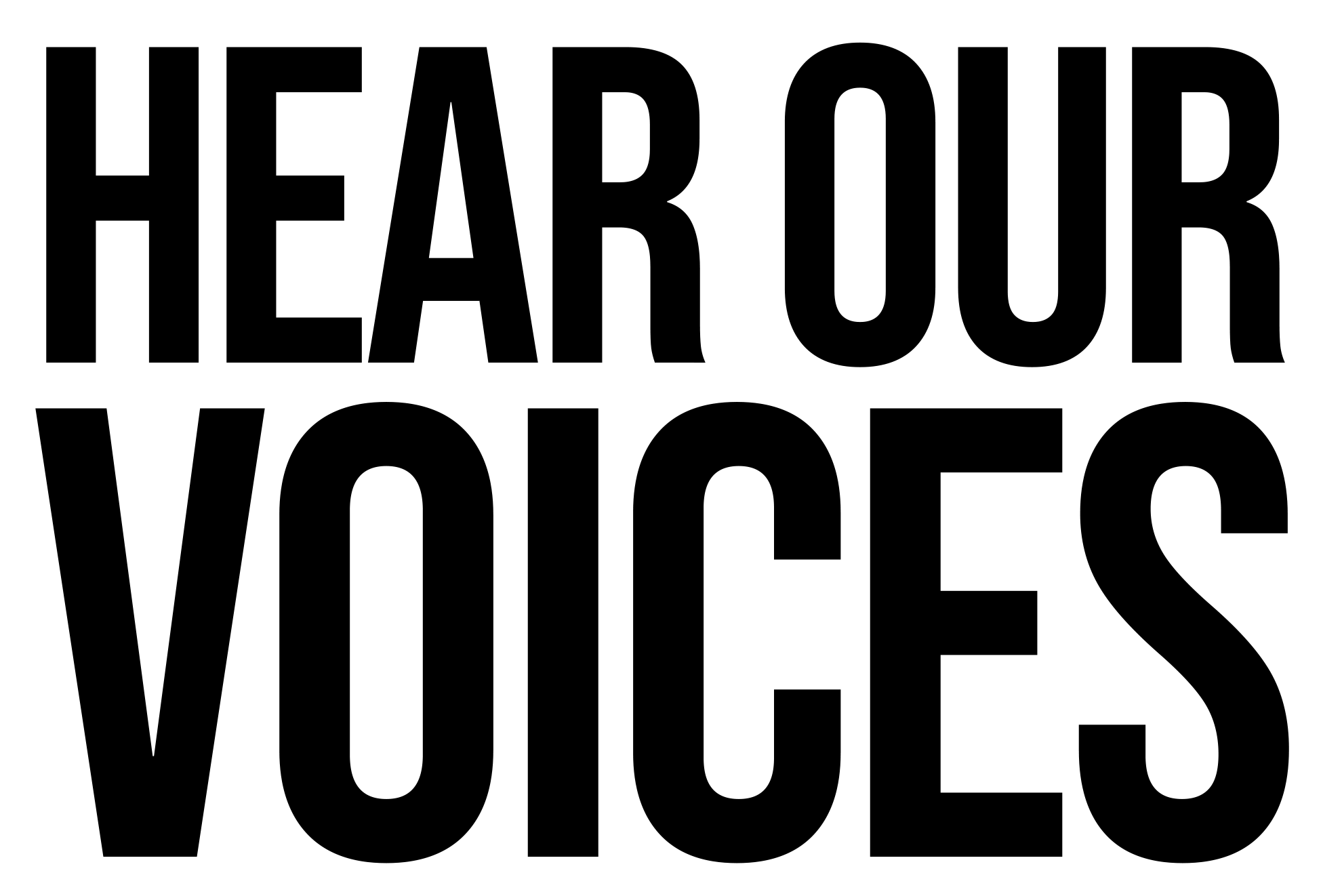Proposed class action in Virginia aims to change how students with disabilities can challenge school districts for better services

By: Sara Randazzo
May 18, 2023
Virginia lawyer Trevor Chaplick thought he had a strong case when he tried in 2015 to get his public-school district to pay for private schooling and care for his son, who has a severe intellectual disability and autism and is prone to violent outbursts.
At a hearing, a district witness said his son, then 12 years old, could count to 50 and read books. In reality, his parents said, he could count to two and recognize a few words. The family’s lawyer presented medical witnesses and evidence of the boy’s struggles in traditional public school.
The hearing officer ruled against the family. Chaplick later learned the hearing officer had never ruled in favor of a family in a special-education dispute over two decades.
Chaplick’s son is now the lead plaintiff in a proposed class-action lawsuit pending in U.S. District Court in Alexandria, Va., alleging Virginia fosters a special-education system that unfairly thwarts families at every step when they seek services for their children.
The lawsuit contends school districts refuse parents’ requests to assess if a student has a disability. Districts then inflate how well special-education students are doing to avoid adding more services, the lawsuit claims, and when families initiate formal disputes, they encounter a “sham process.”
“The schools are putting every obstacle in the way of disabled students and parents who try to press for what’s required” under federal law, said William Merrill, a lawyer on the case. “They say if you disagree, we’ll make it impossible for you to fight us.”
The Virginia Department of Education and Fairfax County Public Schools, defendants in the lawsuit, have filed motions to dismiss the case on largely technical grounds. A judge heard arguments this month.
A spokesman for Virginia’s education department declined to comment. Fairfax County Public Schools said it has excellent special-education programs that strive to meet the needs of its students. The district said it has no control over the state’s dispute-resolution process, which it considers robust and objective.
The lawsuit seeks widespread overhauls that those backing it say they hope could be used as a model in other states. Nationwide, 7.2 million students receive special-education services. Less than 40,000 typically file complaints or mediation requests each year against school districts, Education Department data shows, though the ultimate outcomes of those disputes aren’t tracked.
Since the 1970s, students with disabilities have had the right under federal law to what is known as a free, appropriate public education. Schools can offer support such as one-on-one aides, tutors or occupational therapists, specialized reading instruction, or extra testing time.
If a district can’t provide services, it can pay for a special-education student to go to private school.
The law, the Individuals with Disabilities Education Act, gives families the right to challenge school districts in a system called due process if they feel services aren’t being provided. The Virginia lawsuit contends families rarely prevail.
“You’ve got families of limited means pouring tens of thousands of dollars into legal fees thinking they had a chance, but people are wasting their money with false hope,” Chaplick said.
After spending a year fighting for public records, Chaplick obtained a log of 1,391 special-education cases filed from 2003 to July 2021. The data, included in the complaint, shows that 47% of the cases were withdrawn and around 12% settled. Of those that remained, more than half were dismissed by a hearing officer, a third ended in favor of school districts, 6% were split decisions and less than 5% were fully in favor of families.
Perry Zirkel, a professor emeritus at Lehigh University who has studied special-education law for 40 years, said looking at the “box score” is an overly simplified way of trying to assess the fairness of hearing officers. School districts prevail more often, he said, because special-education laws and court precedents are slanted in their favor, and because he believes the strongest cases for parents settle. Schools also tend to come into cases with more legal resources and expertise, he said, meaning for parents, “The dice are loaded against you.”
The U.S. Department of Education has monitored Virginia’s compliance with special-education laws since 2020, citing issues with how it resolves complaints filed by parents. Virginia has about 173,910 students with disabilities.
Last fall, Fairfax County schools entered into an agreement with the Education Department to provide catch-up services to special-education students after failing to meet their needs during remote learning.
School-district lawyers say resolving cases before going to the equivalent of a courtroom trial is always preferred. “Only the ones with a real vast disconnect between the school and family actually get to court,” said Sherry Culves, a Georgia lawyer who represents school districts.
Many of the cases that make it to a hearing involve requests to cover tuition at specialized or private schools. School districts must cover the legal fees if families win, but most families have to front the money themselves.
Virginia parent Emily Klein said she spent $100,000 on an unsuccessful bid to have Chesterfield County Public Schools cover tuition for her now 7th-grade daughter at a school catered to dyslexic students. Her experience is mentioned in the Virginia lawsuit.
Starting in kindergarten, her daughter often refused to go to school. Klein said she requested her daughter be tested for a disability every year until the district agreed in third grade. They found she was in the 98th percentile on IQ tests but also had a specific-learning disability in writing and reading, commonly called dyslexia.
Klein said she was hopeful once she got an individualized education plan dictating special-education services, but then the pandemic hit, and services got cut back.
She enrolled her in the New Community School for $34,000 a year, a stretch for their family, and filed a due process claim in February 2022 to get reimbursement. During an eight-day proceeding last year, a hearing officer heard from a dozen witnesses, including some who described the district doctoring documents or inflating her daughter’s grades and reading abilities. The school, Klein said, “painted a really ugly picture of me and my child.”
The hearing officer ruled against them. The Kleins appealed and lost. A Chesterfield spokesman didn’t return requests for comment.
At one point, the school district had offered her a $70,000 settlement, Klein said, but she turned it down because she had already spent $50,000 on legal fees. “The anxiety and devastation it’s done, is just awful,” she said. —
Read the article on The Wall Street Journal’s website:
https://www.wsj.com/articles/virginia-schools-special-education-lawsuit-f6d7f4c8
